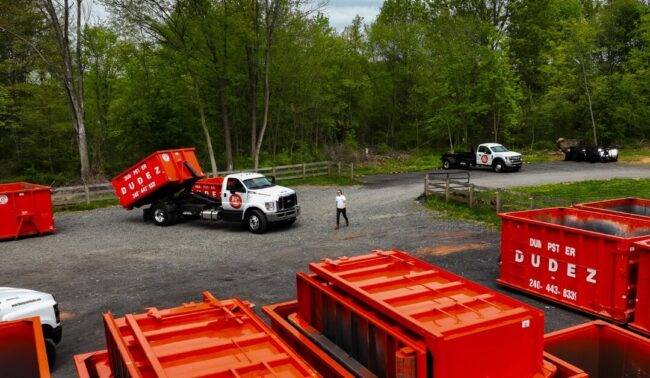Understanding Dumpster Rental Regulations for Businesses
Navigating the Regulatory Landscape
Renting dumpsters for commercial use entails a range of regulatory considerations that businesses must navigate to ensure compliance and avoid potential legal pitfalls. These regulations span various aspects of waste management, including environmental standards, health and safety guidelines, and zoning ordinances. Understanding and adhering to these regulations is paramount for businesses seeking to utilize dumpster rental as part of their waste management strategy.
Environmental regulations constitute a significant aspect of dumpster rental compliance. Businesses must comply with laws governing the proper disposal of different types of waste, including hazardous materials, electronic waste, and recyclables. Failure to adhere to these regulations can result in fines, legal liabilities, and reputational damage. By staying informed about environmental requirements and partnering with reputable waste management providers, businesses can mitigate the risk of non-compliance and minimize their environmental impact.

Health and safety regulations also play a crucial role in dumpster rental compliance. Businesses must ensure that dumpsters are placed in safe locations, accessible to waste collection vehicles, and equipped with necessary safety features to prevent accidents or injuries. Additionally, businesses must implement proper waste handling protocols to protect employees and the public from potential hazards. By prioritizing health and safety measures, businesses can create a secure working environment and reduce the risk of legal liabilities arising from accidents or regulatory violations.
Zoning ordinances further shape the regulatory landscape for dumpster rentals in commercial settings. Businesses must obtain permits and adhere to zoning regulations governing the placement and size of dumpsters on their premises. Violating zoning ordinances can result in fines, permit revocation, or legal disputes with local authorities. By consulting with municipal authorities and obtaining necessary permits upfront, businesses can ensure compliance with zoning regulations and avoid disruptions to their waste management operations.
In conclusion, businesses renting dumpsters for commercial use must navigate a complex regulatory landscape encompassing environmental standards, health and safety guidelines, and zoning ordinances. By understanding and adhering to these regulations, businesses can mitigate legal risks, promote environmental responsibility, and maintain efficient waste management practices. Collaborating with knowledgeable waste management partners can further support businesses in achieving compliance and optimizing their waste management strategies.
…